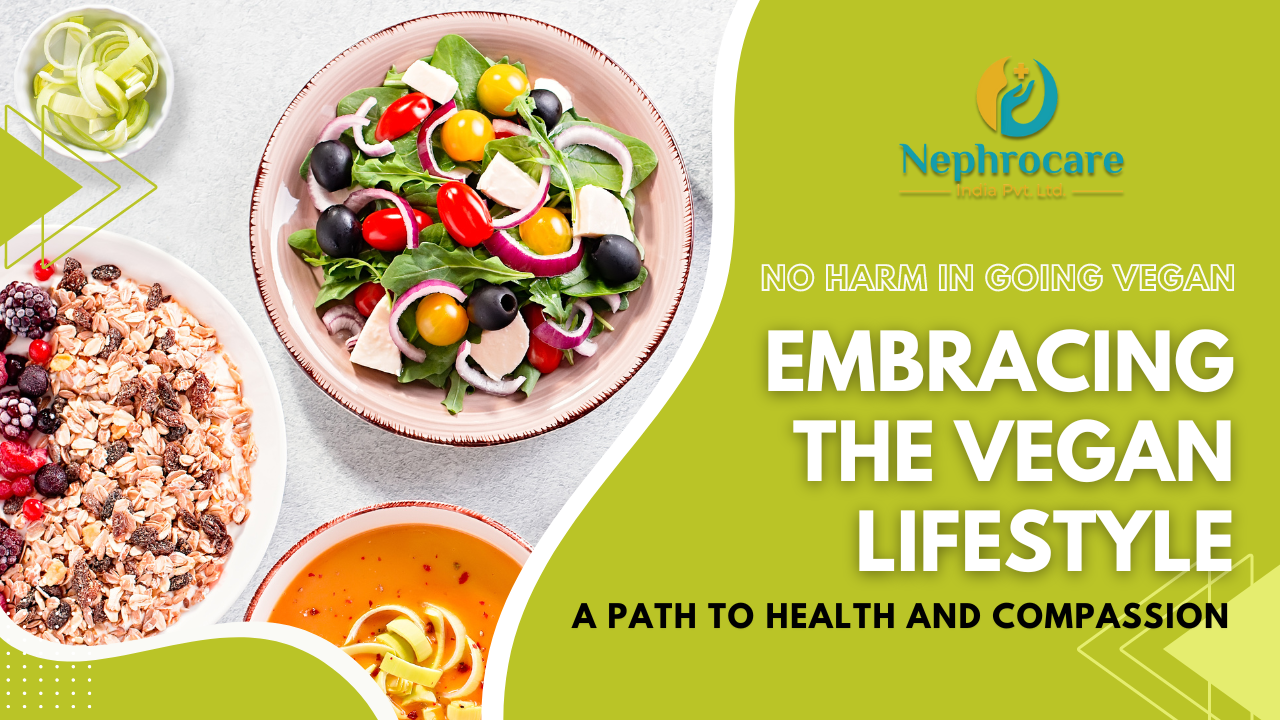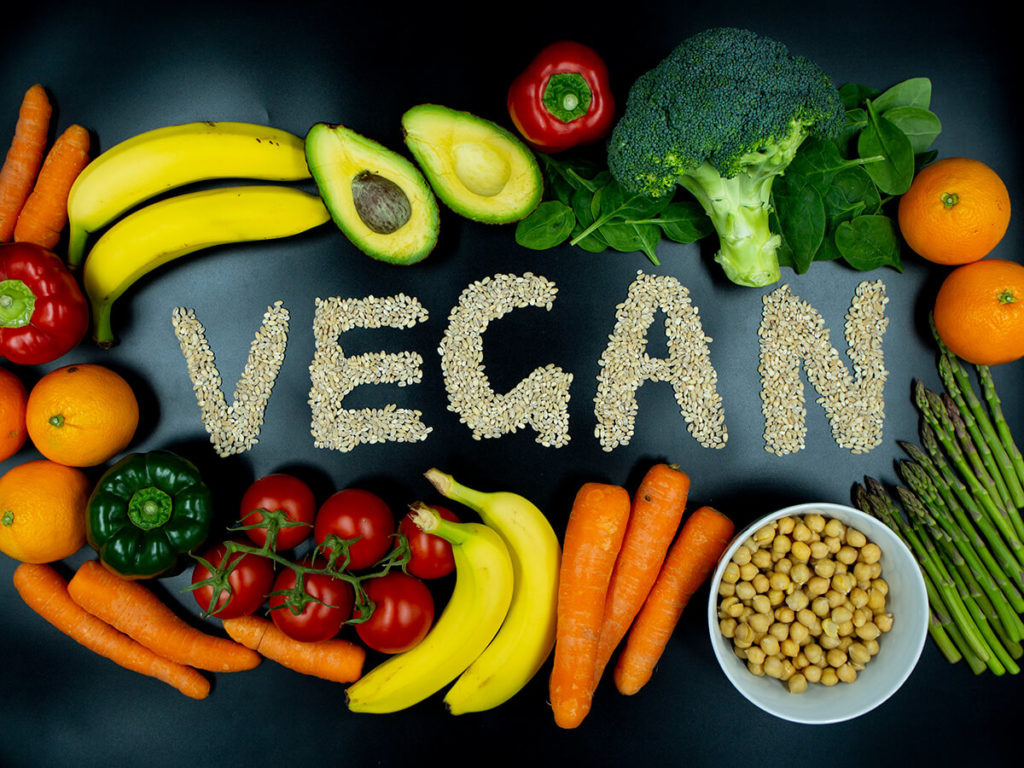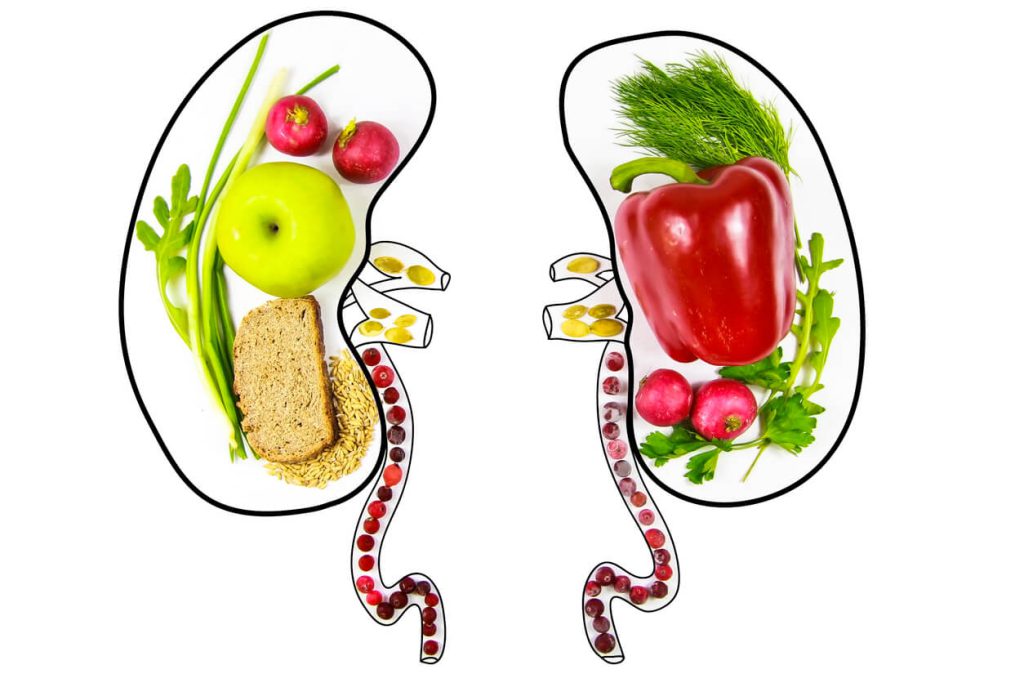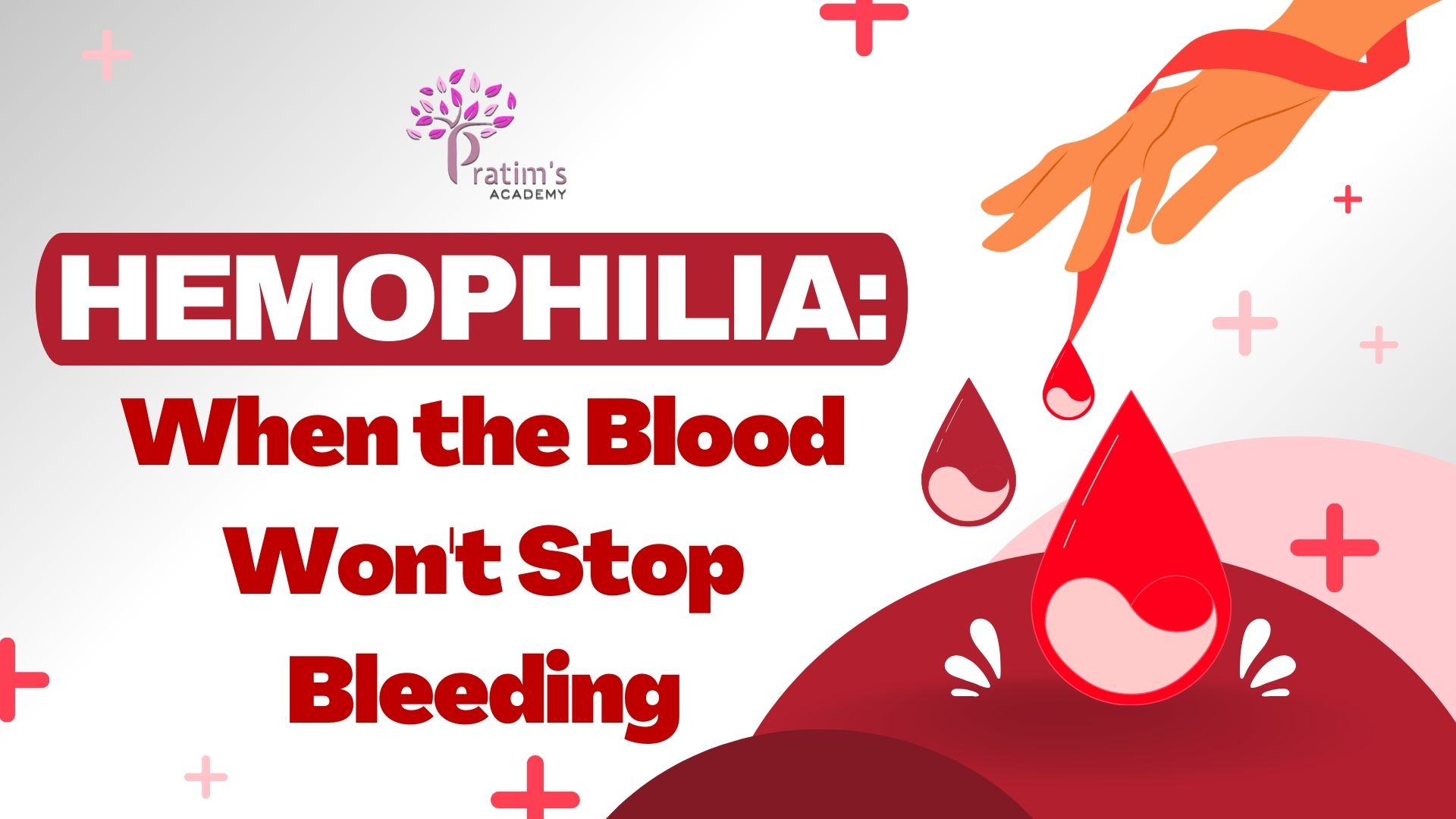
- 1753
- 0
Embracing the Vegan Lifestyle: A Path to Health and Compassion

In recent years, the vegan diet has gained significant attention as a compassionate and sustainable lifestyle choice. With a growing number of people adopting this plant-based way of living, it’s crucial to explore the reasons behind its popularity and the benefits it offers. In this blog post, we will delve into the world of veganism, understanding its core principles, addressing common misconceptions, and discovering the numerous advantages it holds for our health, the environment, and animal welfare.
Understanding Veganism:

At its core, veganism is more than just a dietary choice; it is a philosophy and way of life that seeks to exclude all forms of animal exploitation and cruelty. A vegan diet, also known as a plant-based diet, emphasizes the consumption of foods derived from non-animal sources, including fruits, vegetables, legumes, whole grains, nuts, and seeds. By eliminating all animal products from their lifestyle, vegans aim to minimize harm to animals, protect the environment, and promote overall well-being.
In India, there are mainly four types of vegans:
- Ethical vegans: These individuals oppose animal cruelty and choose a vegan lifestyle on ethical grounds.
- Environmental vegans: They adopt a vegan diet to promote a greener lifestyle and reduce pollution by avoiding support for animal agriculture.
- Health vegans: These individuals opt for a vegan diet due to health concerns and the potential benefits it offers.
- Religious vegans: People who follow a vegan lifestyle based on their religious and cultural beliefs.
Health Benefits of a Vegan Diet:

Adopting a vegan diet can have a profound impact on our health. Numerous studies have shown that plant-based diets rich in fruits, vegetables, and whole grains are associated with lower risks of chronic diseases such as heart disease, type 2 diabetes, and certain types of cancer. Vegan diets tend to be lower in saturated fat and cholesterol, while providing an abundance of essential nutrients, fiber, and antioxidants. Moreover, by eliminating animal products, vegans often experience weight loss, improved digestion, increased energy levels, and a reduced risk of obesity. However, it’s important for vegans to ensure they obtain adequate amounts of nutrients like vitamin B12, iron, calcium, and omega-3 fatty acids through fortified foods or supplements.
There are specific health benefits associated with certain diseases when following a vegan diet:

- Weight Management: A vegan diet can aid in reducing obesity as most vegan food sources are low in fat and rich in fiber. The fiber content helps to delay hunger and provides a feeling of fullness after meals.
- Diabetes Control: Fiber, a potent nutrient found abundantly in a vegan diet, plays a crucial role in managing diabetes. It can improve insulin sensitivity and reduce insulin resistance, thus helping to control blood sugar levels.
- Cancer Prevention: According to the National Cancer Institute, consuming higher amounts of plant-based foods can lower the risk of various types of cancer, such as stomach, lung, mouth, and throat cancers. This is due to the presence of vitamins, minerals, and phytochemicals in plant-based foods that offer protective properties against cancer.

- Kidney Health: Individuals with long-term kidney disease may benefit from adopting a plant-based diet as it has been associated with a reduction in disease progression. By reducing the intake of animal protein, a plant-based diet can help alleviate the strain on the kidneys.
Here are some sources of micronutrients in a vegan diet:
Calcium Sources for Vegans: Calcium is vital for maintaining healthy bones and teeth. While non-vegetarians and vegetarians often obtain calcium from dairy products, vegans can find good sources of calcium from plant-based options. These include broccoli, cabbage, green leafy vegetables (excluding spinach due to its low absorption), calcium-fortified tofu, sesame seeds, dried fruits like raisins, prunes, figs, and dried apricots, as well as plant-based milk alternatives like soy milk and almond milk.

Vitamin D Sources for Vegans: Vitamin D can be challenging to obtain from food alone, especially for vegans. However, there are some vegan-friendly sources of this essential vitamin. These include soy drinks fortified with vitamin D, certain breakfast cereals fortified with vitamin D, exposure to sunlight, and plant-based milk alternatives like soy milk and almond milk.
Iron Sources for Vegans: Iron is necessary for various bodily functions. Vegans can find good sources of iron from plant-based foods such as pulses (legumes), whole grains, breakfast cereals fortified with iron, dark green leafy vegetables, nuts, figs, and dried fruits.
Vitamin B12 Sources for Vegans: Vitamin B12 is crucial for the circulatory and nervous systems. While it is commonly obtained from meat and meat products in non-vegan diets, vegans can find alternative sources. These include milk from plant-based protein sources, nutritional yeast, tofu, and miso. However, it is important for vegans to monitor their vitamin B12 levels and consider supplements if needed, as plant-based sources may not provide sufficient amounts.

Omega-3 Fatty Acid Sources for Vegans: Plant-based sources of omega-3 fatty acids may not offer the same benefits in reducing heart risks as those from animal sources. However, there are some vegan sources available. These include ground linseed (flaxseed oil), rapeseed oil, chia seeds, and walnuts.
By incorporating these plant-based sources of essential micronutrients into their diets, vegans can ensure they meet their nutritional needs and maintain overall health and well-being.
Environmental Sustainability:

The environmental impact of animal agriculture cannot be overlooked. The production of meat, dairy, and eggs contributes significantly to deforestation, greenhouse gas emissions, water pollution, and depletion of natural resources. By embracing a vegan lifestyle, individuals can actively reduce their ecological footprint. Plant-based diets require less land, water, and energy to produce, making them more sustainable and environmentally friendly. Choosing vegan options also supports sustainable farming practices and helps combat climate change. By shifting towards plant-based alternatives, we can contribute to a greener and more sustainable future for our planet.
Conclusion:
Choosing a vegan lifestyle is not just a dietary decision; it is a conscious choice to protect our health, the environment, and the welfare of animals. By embracing a plant-based diet, we can nourish our bodies with wholesome foods, contribute to a sustainable future, and foster a more compassionate world. Whether for ethical, environmental, or health reasons, transitioning to a vegan lifestyle can be a transformative journey that benefits not only ourselves but also the planet we call home.
Comment
Check Your EGFR
***We Promise, no spam!






